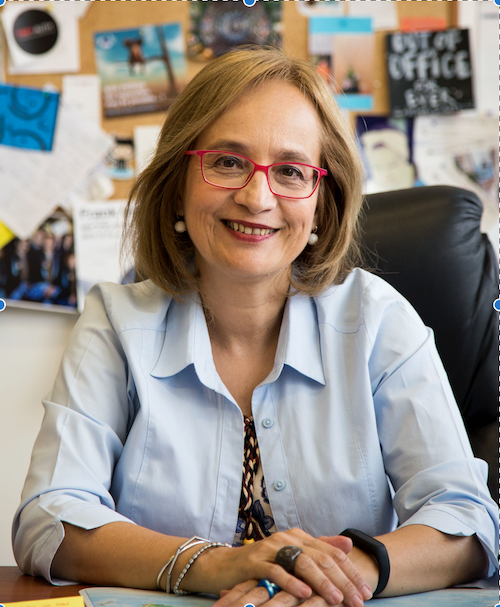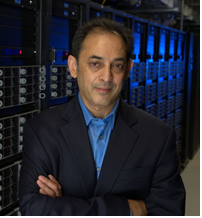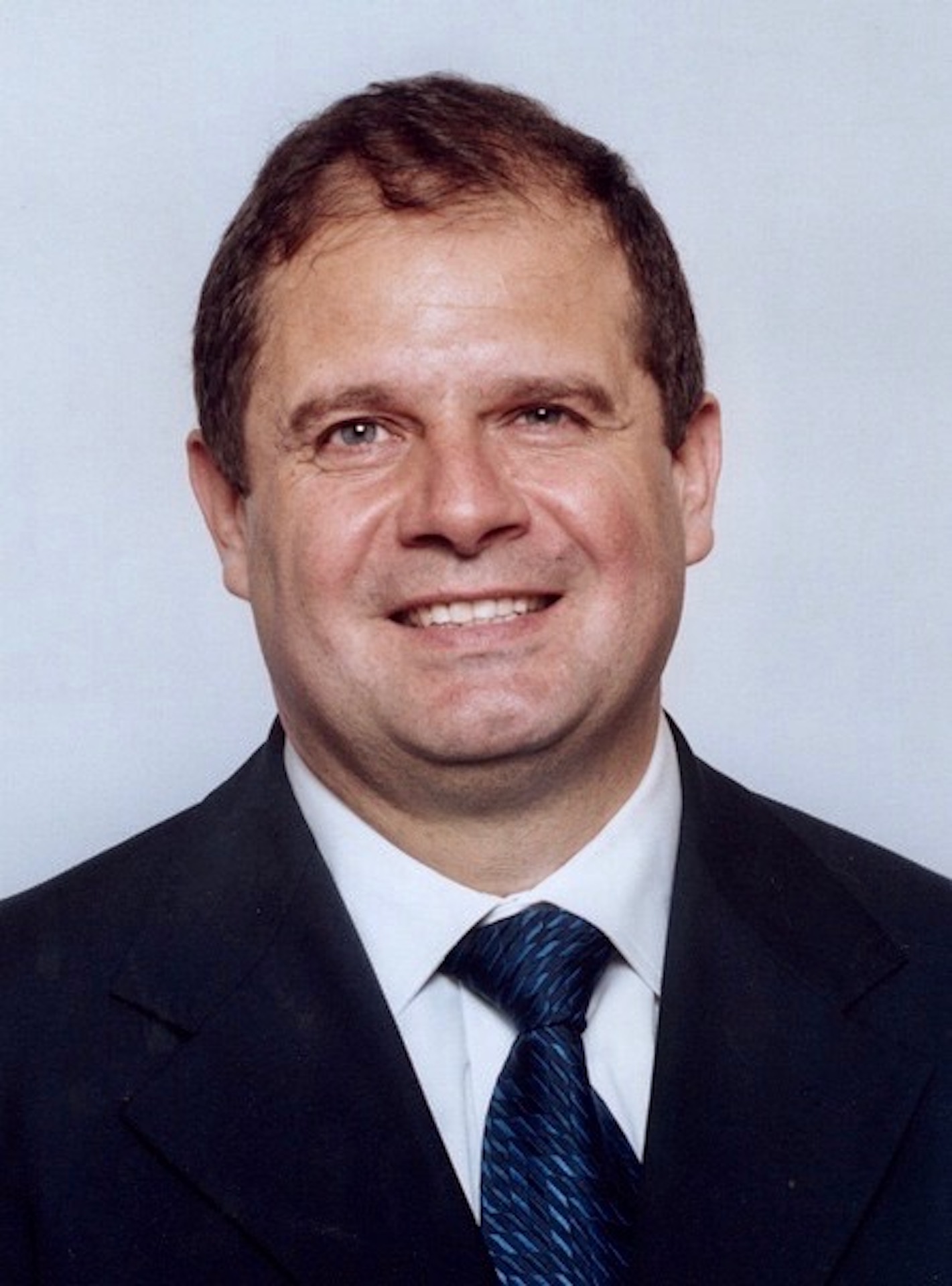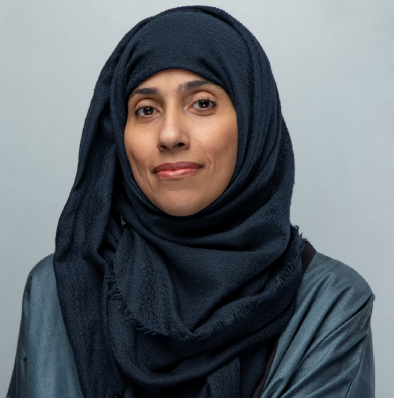Keynote Speakers
| Keynote: Athina Vakali, Aristotle University of Thessaloniki, Greece | |
 Athena Vakali is a Professor at the School of Informatics, Aristotle University, Greece, where she leads the Laboratory on Data and Web science (Datalab https://datalab.csd.auth.gr/). She holds a PhD degree in Informatics (Aristotle University), a MSc degree in Computer Science (Purdue University, USA), and a BSc degree in Mathematics. Her current research interests include Data Science topics with emphasis on big data exploration, mining and analytics and online social networks mining. Prof. Vakali has published over than 180 papers in refereed journals and Conferences (her publications received over 9500 citations with h-index=41 according to gscholar). She is the Co-EiC of “Web Intelligence” WIC journal and she is at the editorial board of "Computers & Electrical Engineering" Journal, and ICST Transactions on Social Informatics. She has coordinated and participated in more than 30 research projects in EU FP7, H2020, international and national projects. She has served as a member in the EU Steering Committee for the EU Future Internet Assembly and she has been appointed as Director of the Graduate Program in Informatics, Aristotle University (2014-15). She has co-chaired major Conferences Program Committees such as : PC co-chair at the ACM/IEEE Web Intelligence Conference 2019, the EU Network of Excellence 2nd Internet Science Conference (EINS 2015), 15th Web Information Systems Engineering (WISE 2014),etc. |
|
| Keynote: Manish Parashar, University of Utah, USA | |

Manish Parashar recently joined The University of Utah as Director and Chair in Computational Science and Engineering at the Scientific Computing and Imaging (SCI) Institute and Professor at the School of Computing. Manish is co-chair, in coordination with the White House Office of Science and Technology Policy (OSTP), of the National Artificial Intelligence Research Resource Task Force, the National Science and Technology Council (NSTC) Subcommittee on the Future Advanced Computing Ecosystem (FACE) and is part of the leadership of the COVID 19 High-Performance Computing Consortium, a unique public-private partnership that brings together government, industry, and academic leaders to provide computing resources in support of COVID-19 research. As Co-Chair of FACE, Manish led the development of the Blueprint for a National Strategic Computing Reserve (NSCR). |
|
| Keynote: Hoda A. Alkhzaimi, New York University Abu Dhabi | |
|
Hoda A. Alkhzaimi is currently the Director of Center of Cyber Security in New York University AD and a research assistant professor in New York University. She served in different posts for research and development in the Technology development sector for the past years, she also played a vital role in developing Cyber Security and Cryptology research and development ecosystems. She headed the Department of Research and Development for Cyber Security and Cryptology in different national initiatives in the United Arab Emirates along with her associations to different security initiatives nationally and internationally. She consults for special projects with national and international technology development initiatives. |
|
| Keynote: Fakhri Karray, Mohamed bin Zayed University of Artificial Intelligence, University of Waterloo | |

Fakhreddine Karray received an Ing. Dip degree in electrical engineering from the University of Tunis, Tunisia, and a PhD degree from the University of Illinois Urbana-Champaign, USA. He is a Professor of Machine Learning and Provost at the Mohamed bin Zayed University of Artificial Intelligence (MBZUAI), a graduate-level, research-based artificial intelligence (AI) university, in Abu Dhabi, UAE. Fakhri is the founding co-director of the University of Waterloo AI Institute and is the Loblaws Research Chair in Artificial Intelligence in the department of electrical and computer engineering at the University of Waterloo, Canada. Fakhri’s research interests are in the areas of operational AI, cognitive machines, natural human-machine interaction, and autonomous and intelligent systems. Applications of his research include virtual care systems, cognitive and self-aware machines/robots/vehicles, predictive analytics in supply chain management, and intelligent transportation systems. Recent work of Fakhri and his research team on deep learning-based driver behavior recognition and prediction has been featured in The Washington Post, Wired Magazine, Globe and Mail, CBC radio, and Canada's Discovery Channel. He was honored in 2021 by the IEEE Vehicular Technology Society (VTS) receiving the IEE EVTS Best Land Transportation Paper Award for his pioneering work on improving traffic flow prediction with weather Information in connected cars using deep learning and AI. His recent work on federated learning in communication systems earned him and his |

